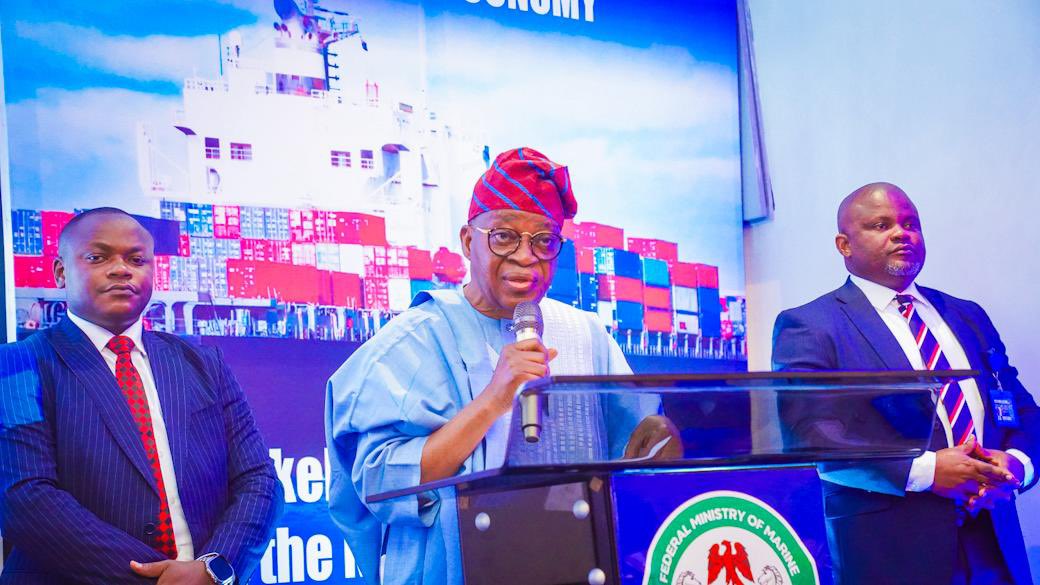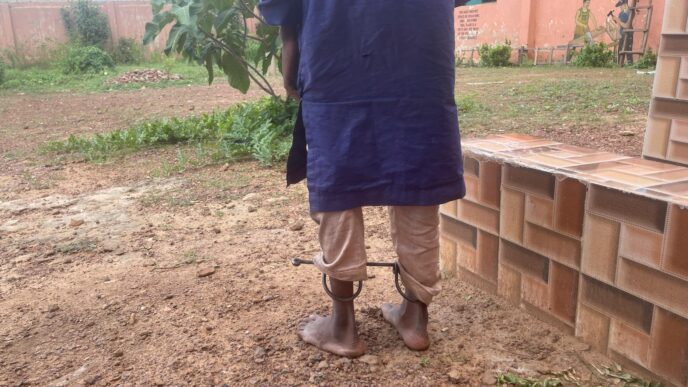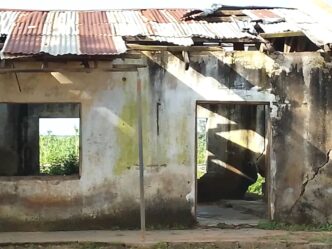Adegboyega Oyetola, minister of marine and blue economy, says sustainable fisheries management is a critical pathway to economic growth and food security in West Africa.
Speaking on Friday at the 15th session of the conference of ministers of the Fisheries Committee for the West Central Gulf of Guinea (FCWC), in Monrovia, Liberia, Oyetola said repositioning Nigeria’s fisheries and aquaculture sector for sustainable development will “entail promoting effective management, enhancing livelihoods, and ensuring food security”.
The minister said development in the sector would also involve elevating Nigeria’s standing in marine conservation and economic best practices.
Oyetola also emphasised Nigeria’s commitment to a comprehensive approach to marine resource management, highlighting the sector’s vital role in supporting millions of livelihoods and driving economic development through collaborative, ecologically responsible strategies.
Advertisement
“The establishment of the federal ministry of marine and blue economy, under the Renewed Hope Agenda of President Bola Ahmed Tinubu, demonstrates Nigeria’s strategic approach to sustainable economic diversification through harnessing Nigeria’s rich marine potential and resources,” Oyetola said.
“The transfer of the department of fisheries and aquaculture to the ministry underscores the government’s determination to optimise the management of Nigeria’s marine and aquatic resources.”
The minister also lauded the efforts of the FCWC secretariat and member countries for their strides in combating illegal, unreported, and unregulated (IUU) fishing, strengthening governance frameworks, and fostering partnerships.
Advertisement
‘NIGERIA’S SEA FISHERIES ACT TO COMMENCE REVIEW JANUARY 2025’
Oyetola also highlighted Nigeria’s ongoing initiatives to bolster the fisheries sector, including the development of the National Fisheries and Aquaculture Policy.
The minister said the policy is aimed at promoting sustainable practices, improve productivity, and enhance the livelihoods of aquaculture farmers and many in fishing communities.
He also highlighted the planned comprehensive review of Nigeria’s Sea Fisheries Act, set to commence in January 2025.
Advertisement
“This review aims to address legislative gaps, enhance enforcement mechanisms, and align the framework with international standards, including provisions under the Port State Measures Agreement (PSMA),” Oyetola added.
Oyetola also revealed the ministry’s preparations for implementing closed fishing seasons, an initiative designed to rejuvenate marine ecosystems and ensure long-term sustainability.
“In preparation for the closed season initiative, sensitisation campaigns are ongoing to educate coastal communities and fisher folk on its ecological and economic benefits,” he said.
The minister noted that efforts are being ramped up to tackle persistent challenges such as outdated legislation and fragmented inter-agency coordination.
Advertisement
He highlighted the measures as fast-tracking the harmonisation of Standard Operating Procedures (SOPs), introducing risk-based inspection protocols, and enhancing stakeholder capacity to utilise PSMA tools effectively.
Oyetola also stressed the critical importance of regional cooperation in fisheries management, citing the economic and social impact of the sector.
Advertisement
“Statistics show that the landed value of West African small-scale fisheries was estimated at $3.5 Billion annually, with over six million people depending directly on the fisheries sector for food or employment in the sub-region,” he said.
The minister said Nigeria plays a role in advancing regional capacity-building initiatives, including joint patrols and specialised training programs for fisheries inspectors.
Advertisement
Oyetola said these efforts are vital for fostering sustainable fisheries management and addressing shared challenges such as marine pollution and biodiversity conservation.
Advertisement
Add a comment












